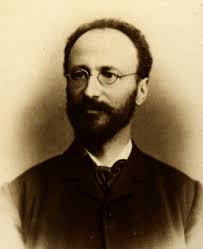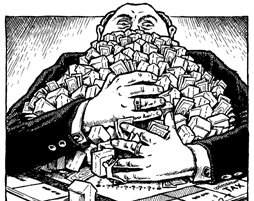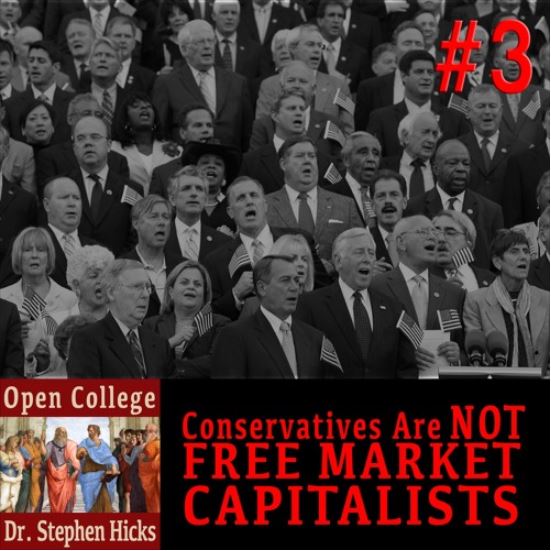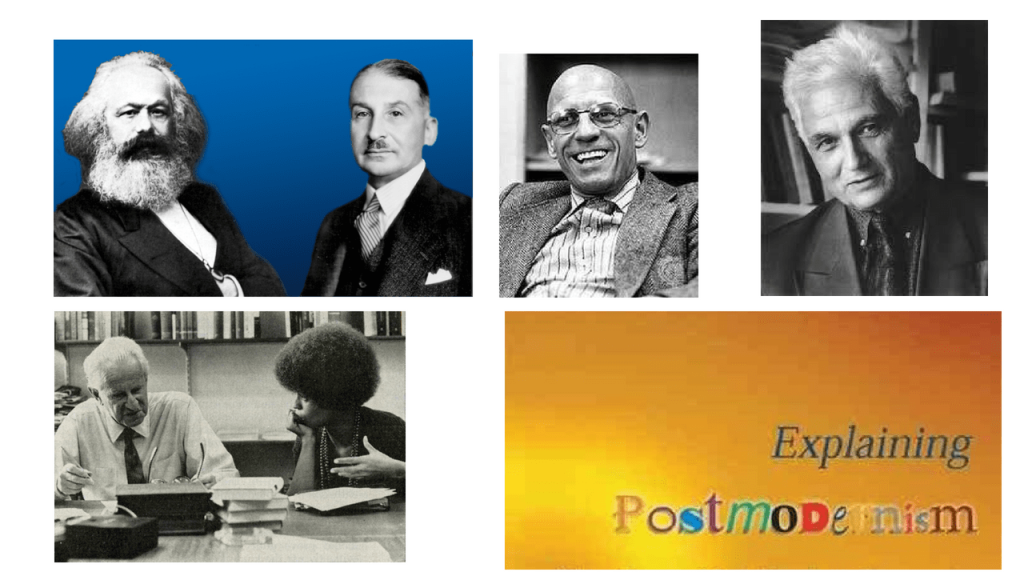Economic Freedom: USA back in top 5, Canada 8th
The USA was in decline for the last decade, falling to 16th in 2015, but is now catching up to the world leaders. Canada’s Fraser institute released its 2019 report before the latest volleys of China-USA tariffs were announced. 162 countries are researched and ranked on their importance in five areas: Size of government, Legal […]
Economic Freedom: USA back in top 5, Canada 8th Read More »







